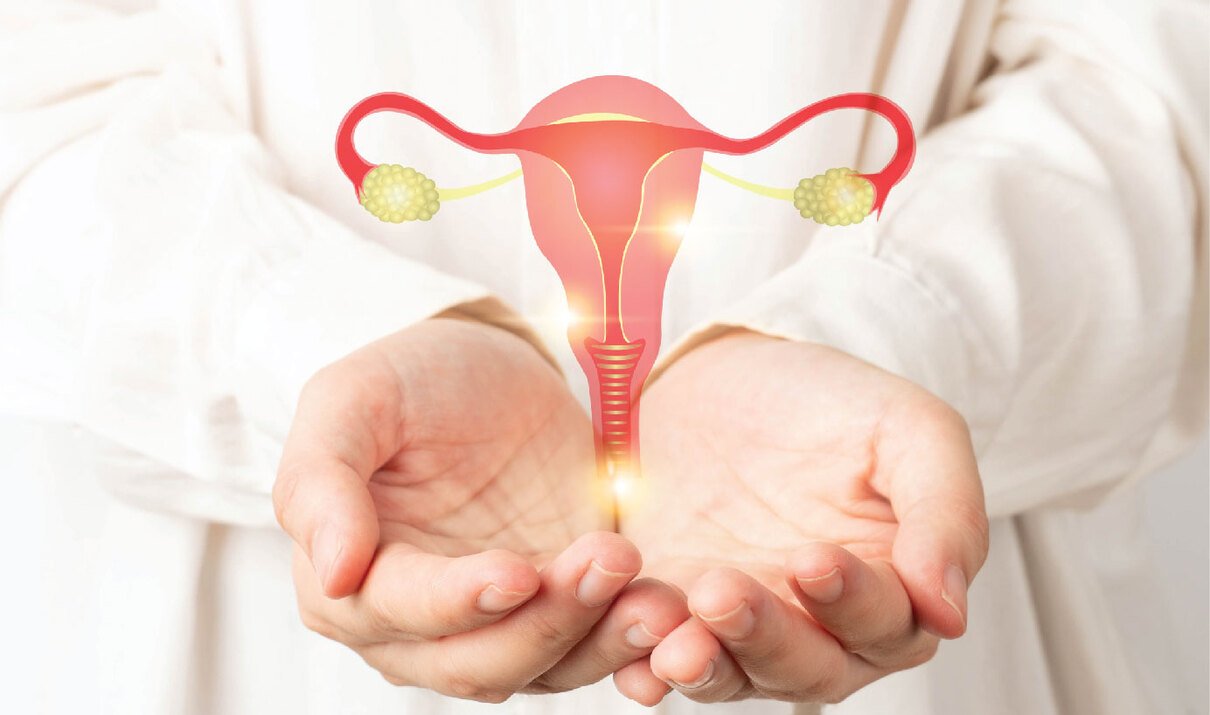
know About
Intrauterine Insemination (IUI)
Welcome to our Intrauterine Insemination (IUI) page, where we provide detailed information and compassionate care for individuals and couples seeking to enhance their chances of conception.
Intrauterine Insemination (IUI) is a fertility treatment that involves placing specially prepared sperm directly into the uterus during ovulation. This procedure aims to increase the chances of sperm reaching the egg and achieving fertilization. IUI is often used when there are issues with sperm quality or quantity, cervical mucus, or unexplained infertility.




